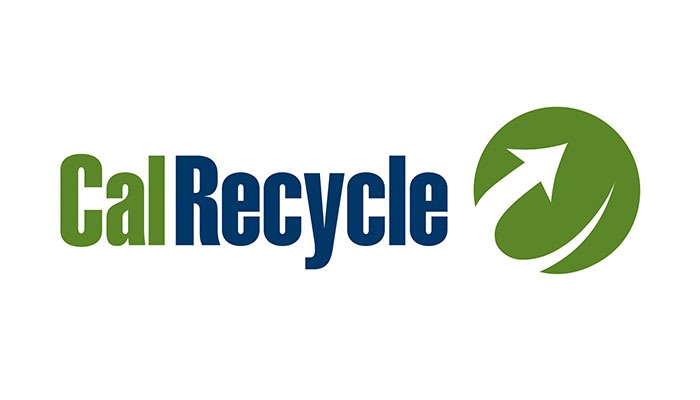CalRecycle – SB 1383 Cost Impacts to Local Service Rates
CalRecycle engaged R3 (along with subconsultants Cascadia Consulting Group and Integrated Waste Management Consulting) to conduct research and analysis related to cost impacts of SB 1383 to local jurisdictions and organics infrastructure needs. R3’s primary objective was to provide CalRecycle with a comprehensive understanding of the State’s municipal solid waste and recycling rates, policies, and programs that support organic waste infrastructure development, and resources that may be used by local jurisdictions in the future. This information will be used by CalRecycle in the market analysis required by SB 1383.
R3 developed and distributed questionnaires to collect customer rate structure, funding, and policy data from regional agencies throughout California. In total, R3 identified 567 jurisdictions including 58 counties, 482 cities, and 27 active regional agencies to survey. In addition, R3 contacted waste haulers and facility operators to obtain information related to rates, anticipated capital investment, and facility capacity. R3 supplemented the findings with an existing inventory of rate and policy data.
The most common challenges and barriers mentioned during the surveys of jurisdictions, haulers, and facilities fell into one of three categories:
- Current rate structures and rate-setting considerations;
- Contracting and enforcement options; and
- Lack of infrastructure for processing.
After analyzing the data collected through surveys, these and other solutions and policy alternatives were developed to overcome the barriers and challenges identified:
- Directly develop organics processing infrastructure;
- Offer universal collection service rate structure;
- Roll out universal commercial organics;
- Increase route efficiencies / change weekly service requirements;
- Require registration and periodic reporting by self-haul;
- Extend term of Franchise Agreements;
- Ban organics disposal at landfill;
- Include organics processing in disposal / processing Agreements; and
- Require haulers and facilities to support organics processing costs through disposal fees.
A Resource Toolkit was developed to assist jurisdictions in implementing new programs related to organic material collection, tracking, and infrastructure development, including:
- Model waste enclosure guidelines;
- Supporting education and outreach examples; and
- Case studies.
In January 2020, CalRecycle released R3’s draft report titled SB 1383 Local Services Rates, which included R3’s research and analysis regarding the cost impacts of SB 1383 to local jurisdictions. The report is available at https://www2.calrecycle.ca.gov/Docs/Web/116805.



